The popular dating app Bumble was forced to apologize recently when its anti-celibacy advertisement didn’t land the way that it had hoped.
Bumble tried to tap into many women’s frustration with modern dating, telling women who are having trouble finding a significant other that “a vow of celibacy is not the answer.”
But whoever is on Bumble’s marketing team failed to realize that many women are opting out of casual sex and hook-ups as they realize they prefer settling into a long-term partnership before they engage in a sexual relationship. Others are taking a break from dating entirely, as they feel a deep dissatisfaction with the current landscape, which seems centered around fleeting physical attraction and short-lived connections. On TikTok, the #celibacy hashtag has had more than 195 million views and Google searches for “celibacy” were up 90 percent in January 2023.
Women let Bumble know that they did not appreciate the ads, which seemed designed to shame them for their choice to save their bodies for someone special. Bumble apologized in turn. “We made a mistake,” the company said. “Our ads referencing celibacy were an attempt to lean into a community frustrated by modern dating, and instead of bringing joy and humor, we unintentionally did the opposite.”
Some Gen-Z TikTokkers refer to the trend as going “boy sober,” and the reasons why young women are swearing off the hard stuff (apologies) are numerous. Liberal and progressive women argue that it would be irresponsible for them to engage in meaningless hook-ups when abortion restrictions and bans have made the stakes of an unwanted pregnancy much higher. (Ironically, this is exactly what pro-life activists have long encouraged women to do; practice safe sex or abstain to avoid getting pregnant in the first place, rather than terminating an unwanted pregnancy after the fact).
Other women acknowledged that they choose celibacy because they do not believe it’s empowering to give up sex to a man who does not meet some bare minimum standards. There is an important acknowledgment here that having sex with men who don’t treat you right or who don’t actually want to commit to you only engenders their bad behavior and incentivizes it. As the old saying goes, why buy the cow when you can get the milk for free?
The backlash to Bumble’s ad doesn’t change the fact that a lot of young women are still having casual sex. The American Psychological Association found that 70 percent of sexually active 12-21 year olds reported having a casual sexual encounter in the past year. What is different, though, is that young women are starting to associate their dissatisfaction with the dating scene and negative feelings about themselves with their choice to engage in hook-up culture. According to the Institute for Family Studies, “an APA survey of 1,468 undergraduate students found that 82.6 percent reported negative mental and emotional consequences after hook-ups, including embarrassment, loss of respect and difficulties with maintaining steady relationships.” Similarly, 78 percent of women and 72 percent who engaged in uncommitted sex acts experienced regret over their actions. The Journal of Sex Research says engaging in hook-ups and the number of hook-ups are correlated with rises in depression and anxiety, which are reaching crisis levels in young people.
Louise Perry, author of The Case Against the Sexual Revolution told the Guardian that many young heterosexual women “now feel as if they have to run the gauntlet of hook-up culture if they want to have any kind of sexual relationship. I think a lot of them, quite fairly, would rather not have any sexual relationship at all.”
Women no longer buy the feminist lie that casual sex is “empowering” or gives them some special kind of agency over their own body. They are able to differentiate between “intimacy” and “sex.” And they don’t want to be with men who only desire them for what they can offer physically.
Of course, the rise of celibacy among young people is not all good. It is certainly better from a mental and physical health perspective to avoid unsatisfying sexual encounters that lack any real long-term connection. But some researchers believe the decline in young people having sex can be attributed to things like video games, social media and pornography. So while some people are choosing be voluntarily celibate, others are not having sex because they are simply unable to make real personal connections in a world gone digital. This comes with its own set of negative consequences for mental health and family formation. Young people are getting married later and later and many don’t expect to marry or have children at all. The US birth rate has cratered. None of this bodes well for society, which thrives on healthy and robust family structures.
So, what’s the answer to this problem illuminated by Bumble’s unfortunate anti-celibacy ad? Young women are right to lay off casual sex until they find the right man, but they shouldn’t give up on love entirely. Statistically, the happiest group of women are married mothers. That’s something worth staying in the game for.
Proof young women are opting out of casual sex?
Dating app apologizes for anti-celibacy ad

Pexels.com
The popular dating app Bumble was forced to apologize recently when its anti-celibacy advertisement didn’t land the way that it had hoped. Bumble tried to tap into many women’s frustration with modern dating, telling women who are having trouble finding a significant other that “a vow of celibacy is not the answer.” But whoever is on Bumble’s marketing team failed to realize that many women are opting out of casual sex and hook-ups as they realize they prefer settling into a long-term partnership before they engage in a sexual relationship. Others are taking a break from dating…










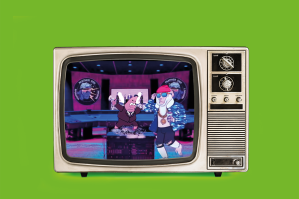

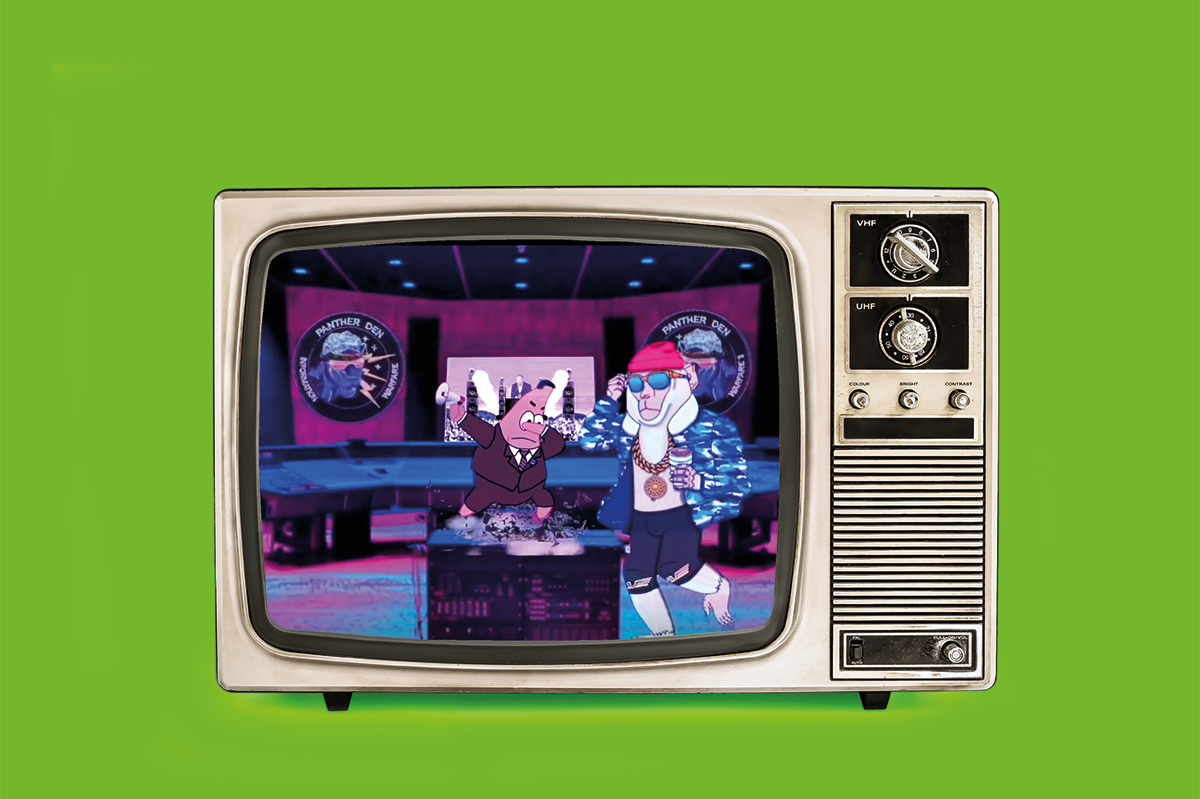
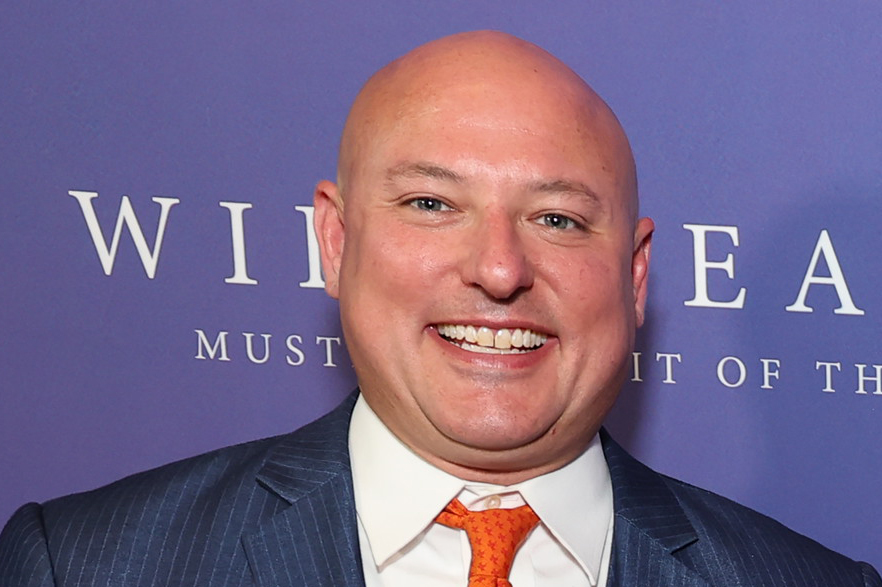
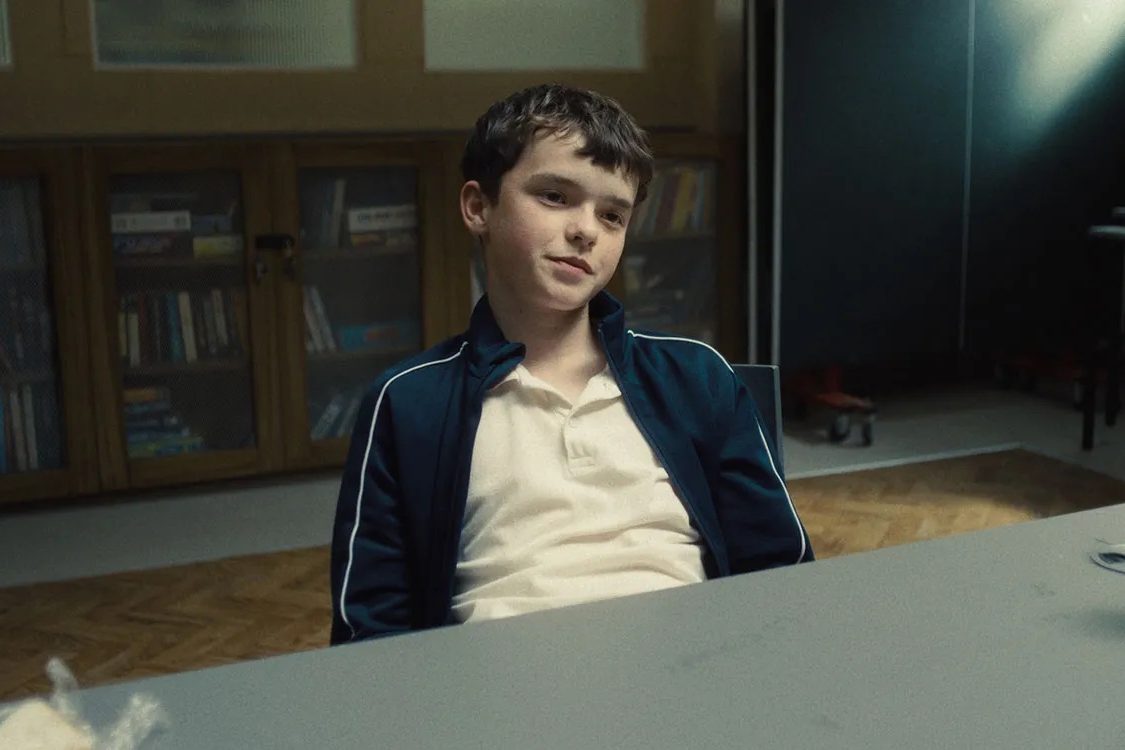


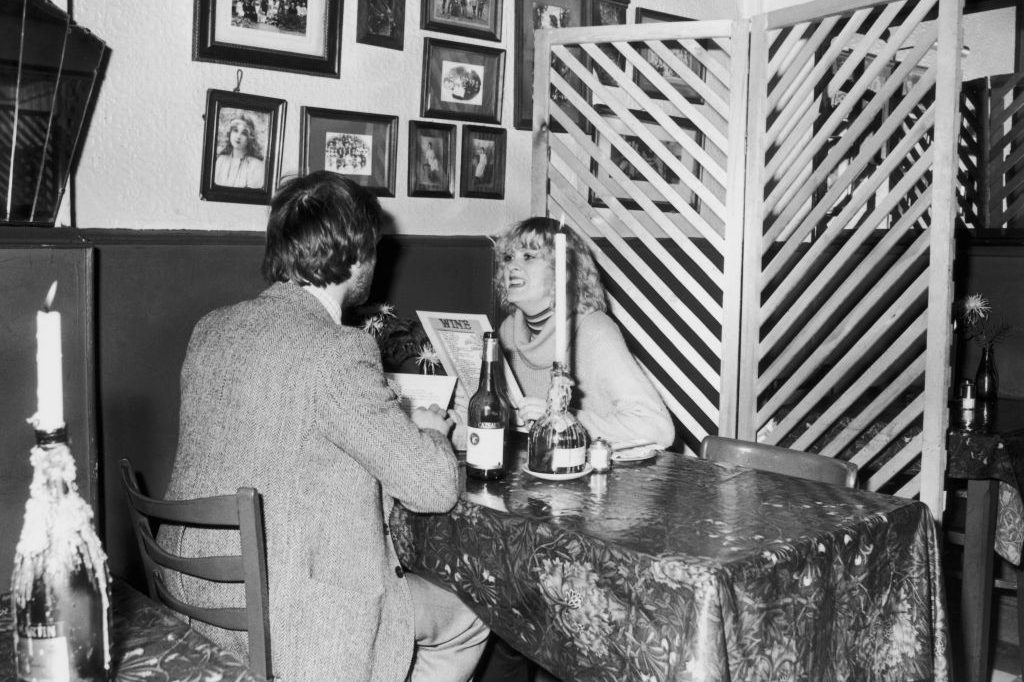







Leave a Reply